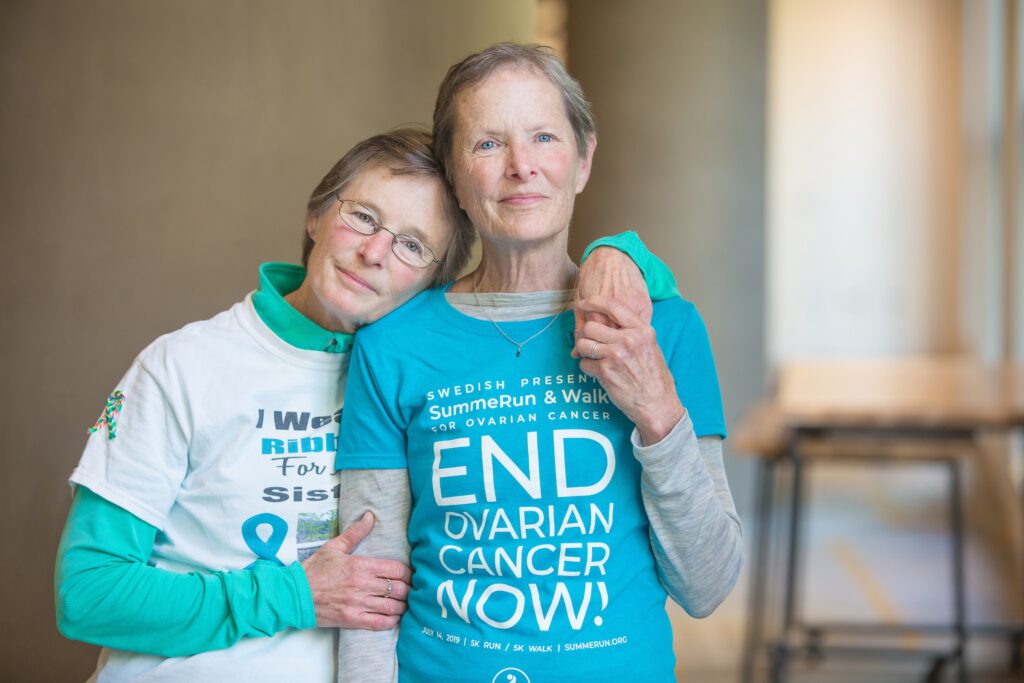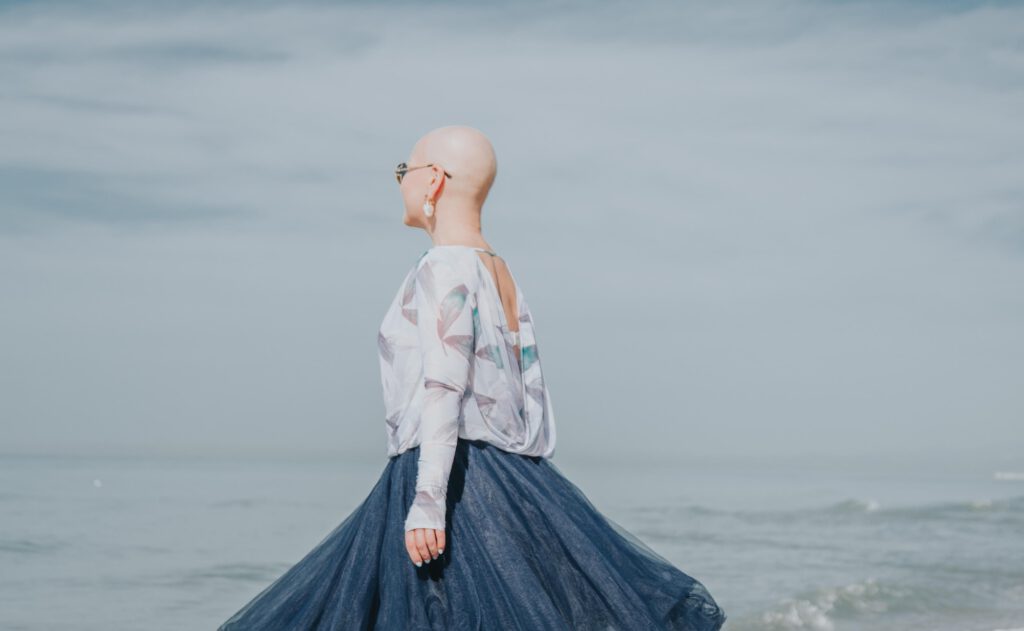Support networks and resources can make all the difference as you adjust to your caregiving role.
As a caregiver of a loved one or friend living with cancer, it’s not uncommon to ignore your own self-care, which can lead to feelings of exhaustion, anxiety, and depression. This negative impact on your own physical and mental well-being can in turn make it harder for you to be an effective caregiver.
You need support, too. Whether it’s taking regular breaks to see friends or engaging in favorite activities, exercising, or connecting with others who understand your experience, make sure to prioritize the things you enjoy so you can continue to be there for your loved one. OCRA’s Staying Connected Support Series offers weekly programs specifically for caregivers.





